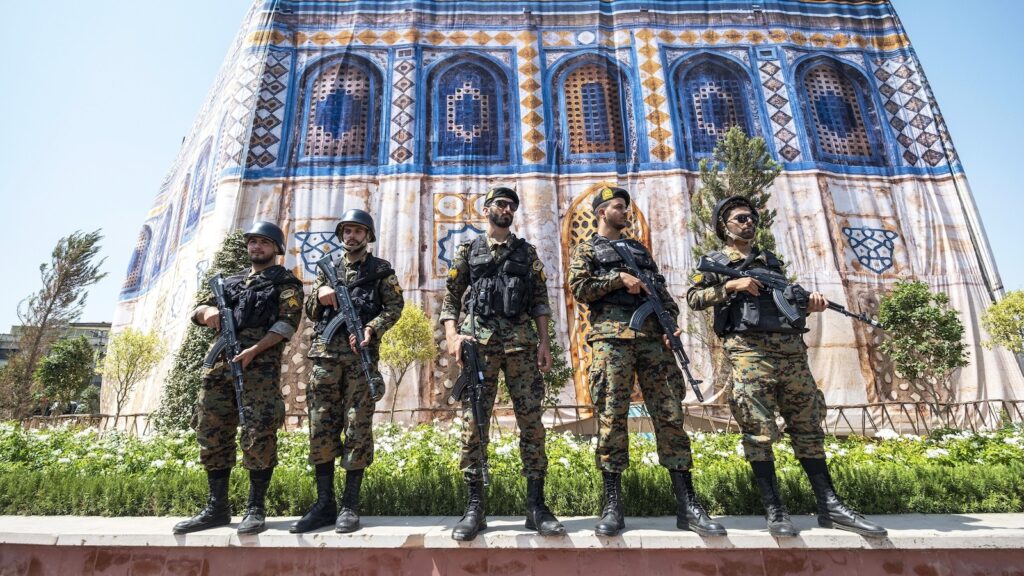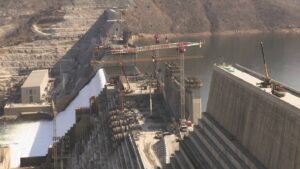
In a dramatic escalation of its internal crackdown, Iran executed three men this week on charges of espionage for Israel, according to the country’s judiciary. The executions come in the wake of a 12-day conflict between Tehran and Tel Aviv, which ended with a ceasefire on Monday. The judiciary claims the men were spies for Israel’s Mossad intelligence agency, but human rights activists argue they were Kurdish laborers denied fair trials.
The swift executions, described by Iran’s ISNA News Agency as part of a “season of traitor-killing,” have increased the total number of alleged spies executed to six since the conflict began. The announcement follows a ceasefire that concluded a conflict leaving at least 627 dead and 4,870 injured, with significant infrastructure damage across Iran.
Human Rights Concerns and Expert Opinions
Human rights advocates have condemned the executions and the broader crackdown. Azadeh Pourzand, a Middle East and human rights expert, criticized the lack of due process in Iran. “This is a very corrupt regime, and there is no due process in Iran,” she told ABC News.
Following the conflict, Iranian authorities have arrested over 700 individuals accused of ties to Israel, according to state media. The arrests and executions have sparked fear among Iranians, particularly those opposed to the regime’s actions.
“I cried once when the war started, and again when the ceasefire was announced,” said a 37-year-old woman from Rasht. “We fear the Islamic Republic just as much as we fear Israel.”
Post-War Repression and Surveillance
The crackdown is not limited to executions and arrests. Iran’s judiciary has announced amendments to the “Espionage Law for Dealing with Citizens,” and the Intelligence Ministry is forming a special committee to monitor online activities, a move state media calls an “intelligence jihad.”
Samira, a 23-year-old student activist, described the atmosphere in Tehran as “terrifying.” “There are security forces out patrolling the streets in full force. We hardly dare go out,” she said.
Pourzand warned that these measures represent a “systematic and rigid form of repression,” aimed at stifling dissent and controlling personal freedoms. “This is collective punishment against ordinary people … in order to make a point and instill fear domestically, and to make points internationally,” she remarked.
Historical Parallels and Public Sentiment
The current crackdown echoes past actions by the Iranian regime, notably the suppression following the 2022 “Woman, Life, Freedom” protests. Those demonstrations, triggered by the death of Mahsa Jina Amini in police custody, resulted in hundreds of deaths and thousands of imprisonments.
Many Iranians initially hoped for liberation from dictatorship, inspired by Israel’s rhetoric during the conflict. However, skepticism remains. “It’d be foolish to believe Israel’s objective was ever to free us from this regime,” said Samira. “They made it clear their only goal was the destruction of Iran’s nuclear capabilities.”
Leadership and Future Implications
On Thursday, Iran’s Supreme Leader Ayatollah Ali Khamenei made his first public appearance since the conflict began, delivering a televised address. He praised Iran’s military actions against Israel, framing them as a divine blessing and a warning to Israel.
“It shows the Zionist regime that any aggression against the Islamic Republic will come at a cost — a heavy cost,” Khamenei stated.
However, there is growing concern that this “heavy cost” may ultimately be borne by Iranian citizens, as the regime seeks to reassert control amid international distractions. “What’s already started is quite horrific,” Pourzand said. “Unfortunately, I think what’s coming will be even worse.”
The situation in Iran remains tense, with the regime’s actions drawing both domestic and international scrutiny. As the world watches, the implications for Iran’s future and its people are uncertain, with many fearing further repression and instability.






